Is Daniel Kaluuya’s emotional role in his latest film pushing the boundaries of what actors endure for their craft? The British star, known for intense performances, recently revealed the toll of portraying a PTSD-scarred veteran in the upcoming drama Shadow Lines. In a candid interview, Kaluuya shared how the role demanded not just preparation but a grueling decompression process, including therapy. His story sheds light on the hidden emotional risks actors face when diving into deeply traumatic characters.
A Role That Cut Deep

Daniel Kaluuya has never shied away from challenging parts, but his latest project,Shadow Lines, took him to new emotional depths. Playing a veteran grappling with post-traumatic stress disorder, the actor immersed himself in a world of pain and psychological struggle. The role required a level of authenticity that left a lasting impact, one that couldn’t be shaken off when the cameras stopped rolling. It’s a stark reminder of the personal cost behind powerful on-screen portrayals.
Therapy as a Release Valve

In an interview with IndieWire on May 24, 2025, Kaluuya disclosed that he sought debrief therapy after filming wrapped. The sessions were essential to process the heavy emotional baggage he carried from the set. This wasn’t just a casual choice; it was a deliberate step to safeguard his mental health after living in the skin of a character scarred by war. The actor’s openness highlights a growing awareness of mental wellness in Hollywood.
Building and Breaking Down the Character
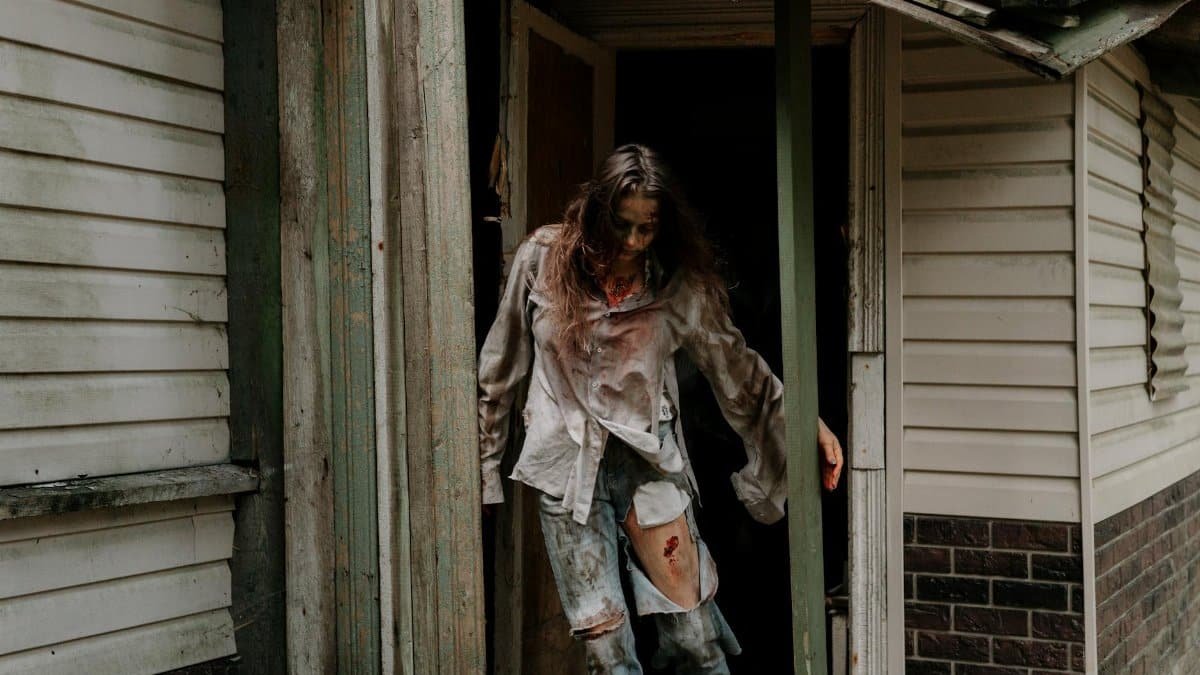
Kaluuya described the experience of letting go of the role as a marathon in itself. He told IndieWire that releasing the character “took as long as building it.” Crafting the veteran’s mindset and physicality demanded months of intense preparation, but shedding those layers proved equally arduous. This balance of creation and recovery reveals the unseen labor of acting, where the end of filming is just the start of personal healing for many performers.
The Emotional Toll of Method Acting
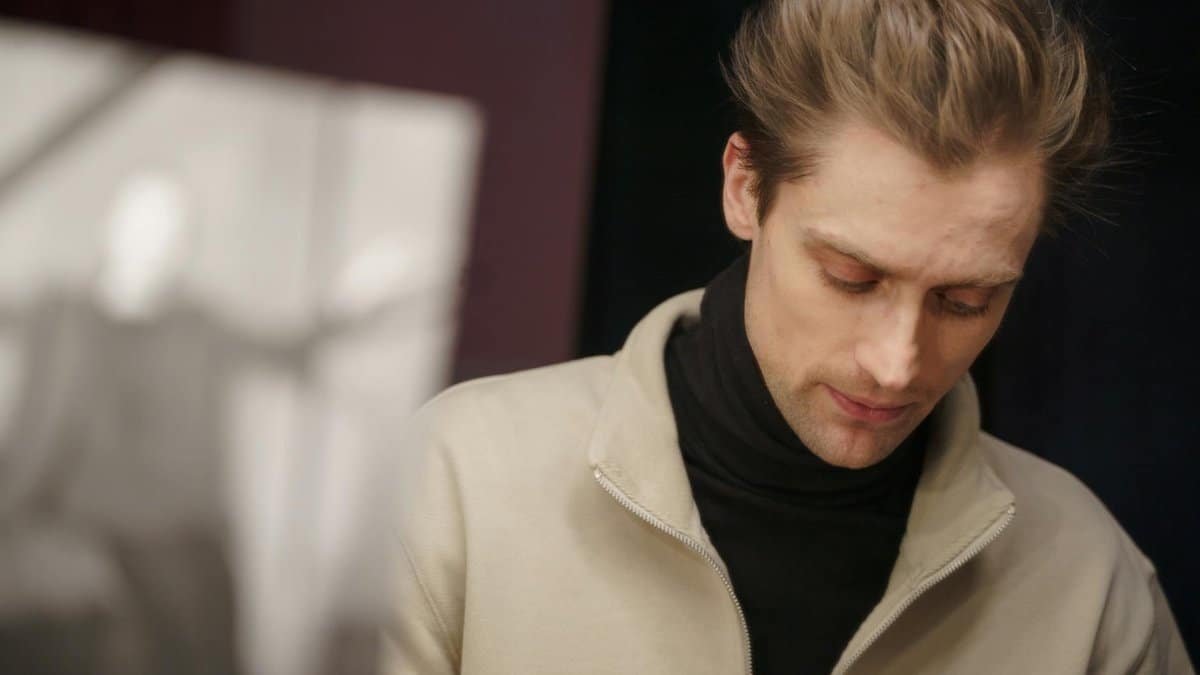
The concept of method acting—fully embodying a character’s experiences—often comes with a price, and Kaluuya’s journey with this role exemplifies that. Stepping into the shoes of someone haunted by trauma meant confronting dark emotions daily. While this approach can yield gripping performances, it also risks blurring the lines between fiction and reality. Kaluuya’s need for therapy underscores how such immersion can leave lasting psychological marks if not addressed.
Hollywood’s Growing Focus on Mental Health
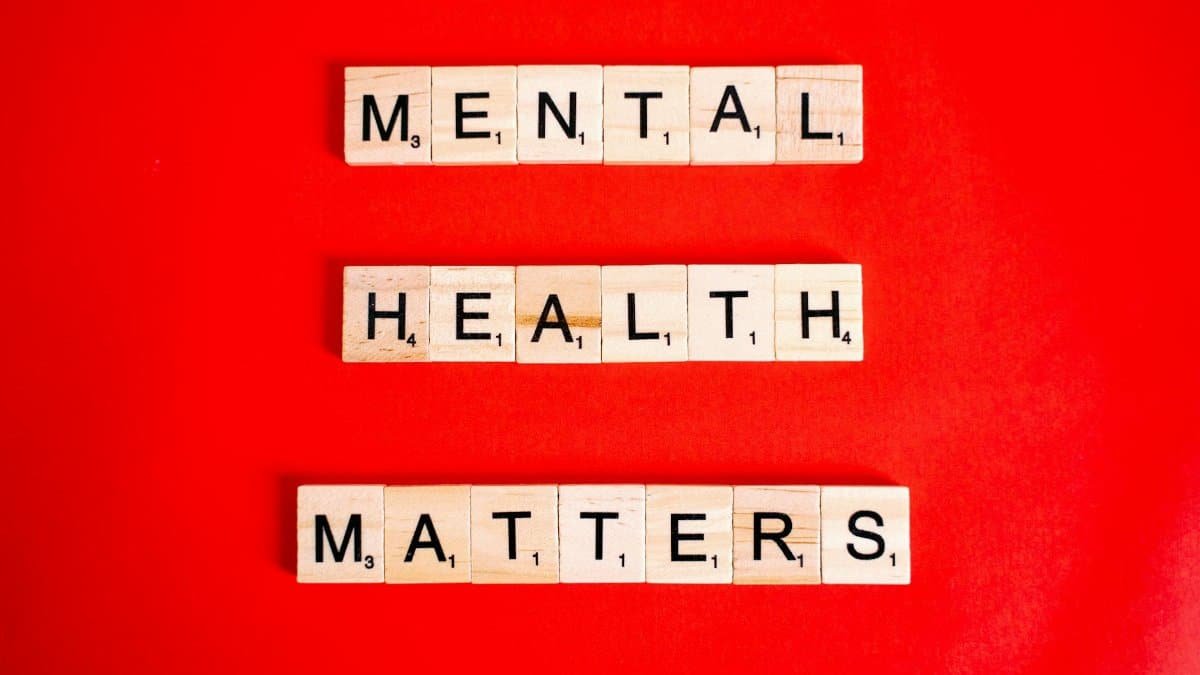
Kaluuya’s story isn’t isolated; it reflects a broader shift in the film industry toward prioritizing mental health. Actors are increasingly vocal about the need for support systems, from on-set counselors to post-production care. Resources like the SAG-AFTRA union have begun advocating for better wellness protections, recognizing that emotional roles can have real-world consequences. In 2025, this conversation continues to gain traction as more stars share their struggles.
Why This Matters to Audiences
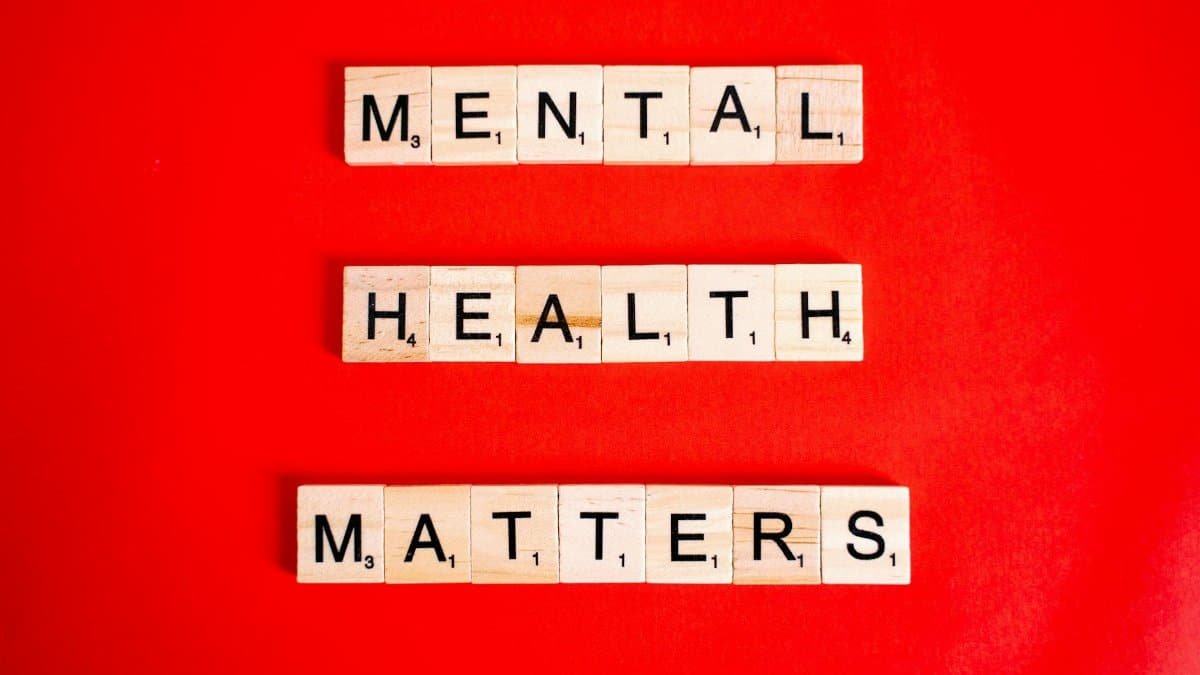
For fans, Daniel Kaluuya’s emotional role in Shadow Lines isn’t just another performance—it’s a window into the sacrifices behind the art. Understanding the personal challenges actors face adds depth to the stories they tell. It also prompts a larger question: How can the industry better support its talent while still pushing creative boundaries? Kaluuya’s experience might inspire viewers to appreciate not just the final product but the human cost of bringing such characters to life.
A Call for Systemic Change
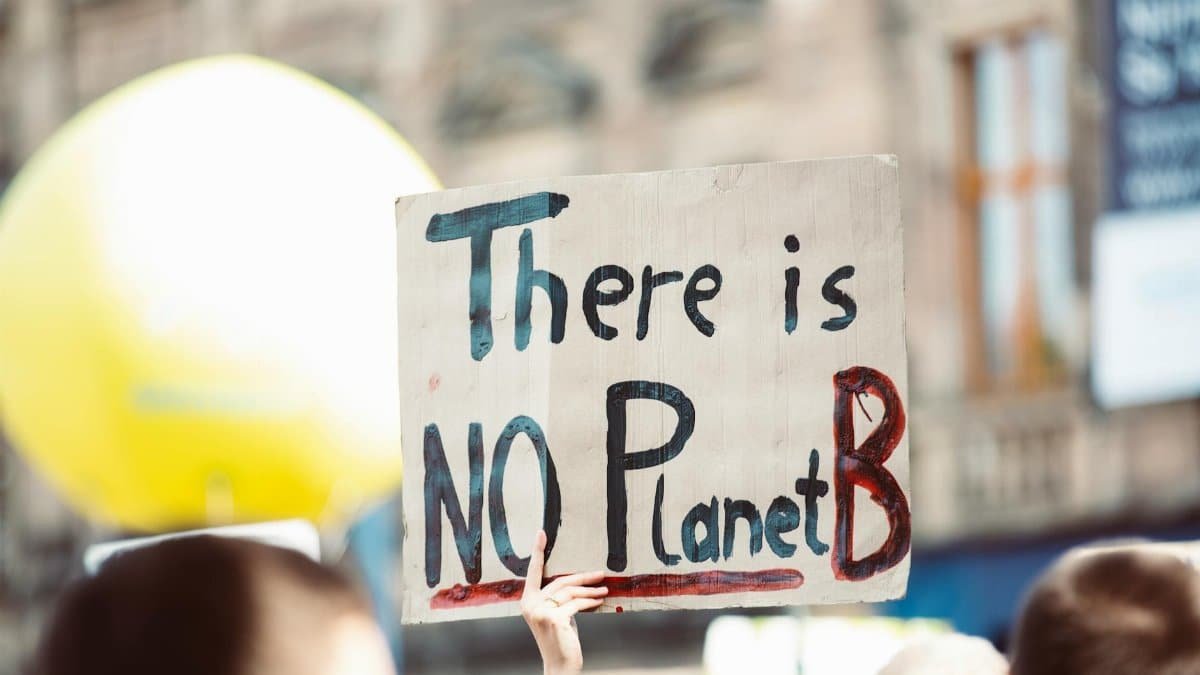
The actor’s reliance on therapy to decompress points to a need for systemic change in how emotional labor is handled in filmmaking. While individual solutions like counseling help, there’s a push for studios to integrate mental health resources as standard practice. Kaluuya’s candidness could be a catalyst for more productions to prioritize actor well-being, ensuring that the pursuit of authenticity doesn’t come at the expense of personal health.
As Shadow Lines prepares to hit screens, Daniel Kaluuya’s emotional role stands as both a testament to his dedication and a wake-up call for the industry. His journey from immersion to recovery reveals the raw humanity behind the spotlight, urging a reevaluation of how far actors should go—and how much support they deserve—when portraying the darkest corners of the human experience.
